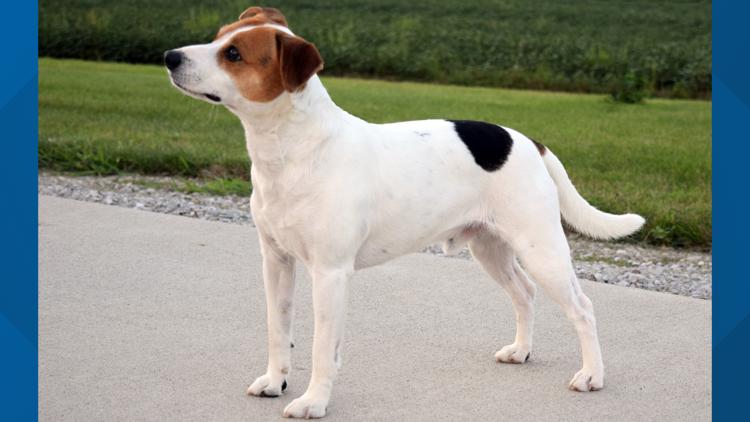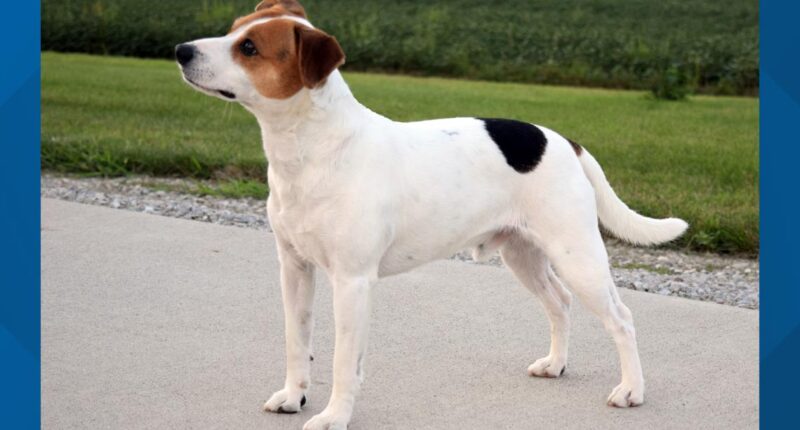
The official recognition of the Danish-Swedish farmdog is expected to attract more attention to these small, energetic dogs, which brings mixed feelings to their devoted supporters.
NEW YORK — Say hello to the latest dog in the American Kennel Club’s lineup of recognized breeds. Or you might say “hej.”
This week, the Danish-Swedish farmdog, as it is formally known, has been acknowledged. This acknowledgment allows the breed to participate in competitions for prestigious awards, potentially sparking increased interest in these lively canines. This potential development brings joy and apprehension to the breed’s most ardent followers.
One of the individuals involved in the effort to have Danish-Swedish farmdogs acknowledged by the AKC, Carey Segebart, expressed enthusiasm for this milestone. She eagerly anticipates showcasing one of her own dogs at a forthcoming dog show in Iowa.
Still, she thinks increased exposure is “a double-edged sword” for the fleet, versatile pups.
“We don’t want the breed to just explode too quickly,” she said.
Called the farmdog or DSF for short, the breed goes back centuries in parts of what are now Denmark, southern Sweden and some other European countries, according to the Danish-Swedish Farmdog Club of America.
“They’re interesting, fun little dogs,” said Segebart, who has owned them since 2011 and is the club’s incoming president. “They’re essentially up for anything. They succeed at most everything.”
In their original homelands, the dogs’ main job was rodent patrol, but they also would herd a bit, act as watchdogs and play with farmers’ children. Some even performed in circuses, according to the club.
After Denmark and Sweden became more urban and suburban in the 20th century, farmdog fanciers set out to secure the breed’s place in both nations (where “hej” translates to the English “hello”). Kennel clubs there began registering farmdogs in 1987.
In the U.S., many of the just about 350 farmdogs nationwide compete in agility, obedience or other canine sports that are open to all dogs, including mixed breeds.
But until now, farmdogs couldn’t enter the traditional breed-by-breed judging that leads to best in show prizes at events including the prominent Westminster Kennel Club dog show in New York. The entry deadline has passed for February’s Westminster show, so farmdogs will have to wait for 2026 there, but they may well appear later this year at two other major, televised shows, the National Dog Show and AKC National Championship.
The Danish-Swedish farmdog is the AKC’s 202nd breed and “a wonderful addition to a family that is able to provide it with the exercise and mental stimulation that it needs,” said the club’s Gina DiNardo.
The AKC is the United States’ oldest purebred dog registry and essentially a league for many dog competitions. Registration is voluntary, and requirements for breed recognition include at least 300 pedigreed dogs spread through at least 20 states. Some breeds are in other kennel clubs or none at all.
Danish-Swedish farmdog fanciers deliberated for several years before pursuing AKC recognition and the attention that’s likely to come with it, Segebart said. The number of farmdog puppy-seekers has grown substantially over the last decade; each of the few breeders receives multiple inquiries a week, and the typical wait for a puppy is a year or more, she said.
Farmdog folk fear that their appealing, relatively easy-care breed could quickly become too popular for its own good. They’re not the first to worry: Much fur has flown in dogdom over the rise of the French bulldog, which the AKC now ranks as the most popular breed in the country.
Some animal rights activists echo those concerns to argue against dog breeding in general. They say purebred popularity trends divert people from adopting shelter animals, fuel puppy mills and prize dogs’ appearance over their health.
The AKC says it promotes responsibly “breeding for type and function” to produce dogs with at least somewhat predictable traits, whether as basic as size or as specialized as bomb-sniffing skills. The club says it has given over $35 million since 1995 to its canine health research charity.

















